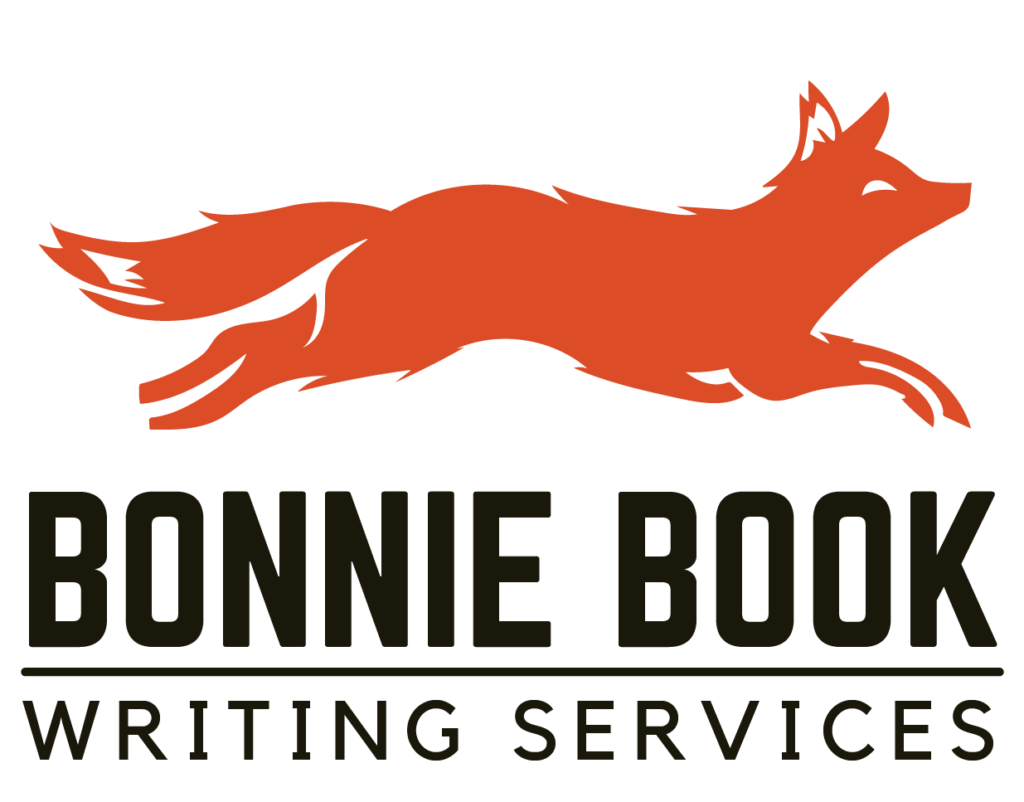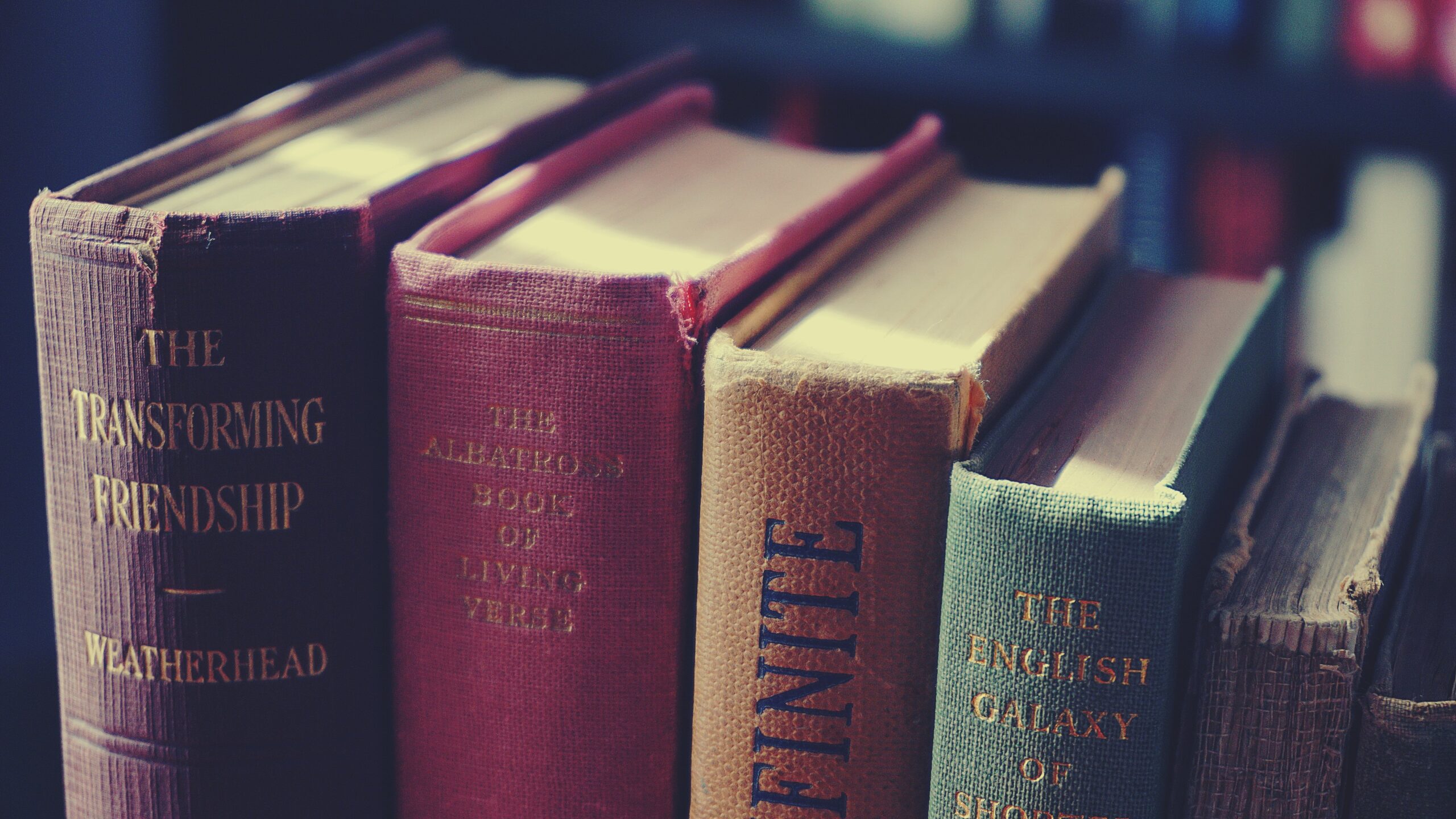Writing is not a solitary nor singular act. The creative act is a conglomerate of everything you’ve read, learned, listened to and digested over the course of your life. We naturally emulate and imitate the people around us, often without even realizing what we’re doing. As many a business coach has claimed, we are the product of the top five people we spend time with. The same is true for writing and reading. We are the product of the information, content and words we consume.
It’s important to always be reading and challenging ourselves through what we read. If you want to write well, it’s essential to read well.
Harry S. Truman said, “Not all readers are leaders, but all leaders are readers.” Reading is a skill we should all take time to develop, because it’s one of the best, cheapest, and most rewarding ways to understand the world around us. We don’t know what we don’t know, and that’s why we have books. Language is nothing more than an imperfect expression of our internal and external experiences. To appreciate, laud and ingest the world, past and present, we must always be reading. Writing is the natural extension of a well-read person.
If you feel stuck in your writing, or uninspired, or challenged beyond what you currently feel capable of, here’s a few tips to utilize the art of reading and get out of your writing rut (for truly, they go hand in hand):
- Start with the books you already have.
If you’re anything like me, you have stacks of books that live in your house that you either haven’t read or haven’t read in a long time. If you don’t know where to start, start at home. Pull out the book that you got for Christmas three years ago, or the one you kept from college that you promised yourself you’d read (but never did). Try it out, and give it time. More likely than not, there’s a wealth of knowledge sitting untapped in your home.
- Visit the library once a week, and give yourself the luxury of browsing time.
Remember going to the library as a kid, or in school? My husband recently rediscovered the joy of our local library, where you can check out not only books, but telescopes and seeds. If you don’t have a library card, get one and make a habit of going often. Libraries are one of the last places in our society where there is a space where you exist without having to spend money. Take advantage of this amazing resource, and see what you can glean from the shelves there.
- Explore audiobooks.
Audiobooks are podcasts on steroids. You can read almost any book at almost any time – driving, doing chores, jogging… there’s so many opportunities to read if you can listen. Audible is a great option if you have $10-$20 a month to spend, but there are several free ways to access audiobooks, as well. Libby is one of my favorites. You can log on with your library card number and get access to whatever audiobooks your local library carries. You might need to get on a waitlist, but just like with physical library books, your turn will come eventually.
- Set aside 30 minutes a day at the same time each day to read.
I read in the mornings, and it’s my most consistent habit. It’s something I look forward to, which makes it easy to get up and go. Small efforts make a difference in any habit, and the same is true for reading. Books that have felt unattainable in the past, like dense literature that I studied in college, are suddenly accessible because of the time I’ve reserved for them. Slow and steady wins the reading race, as long as you’re consistent.
- Have a journal next to you while you read.
If you give yourself the opportunity to write as you read, you’ll find that inspiration comes a lot easier. Process what you read through what you write, and soon what you write will reach deeper complexity. My dear friend recently bought me this reading journal, and it’s completely enhanced my reading time.
- If you pay attention, you’ll find that authors are always talking about other authors. Write those names down and explore their work.
The written world is an interconnected web of influence. Pay attention to your favorite writers’ favorite writers. Pursue their work. If there’s a quote at the beginning of a chapter that intrigues you, figure out where it comes from and read that work.
- Works cited pages are our friends – use them.
In non-fiction especially, works cited pages are lengthy and dense. Sometimes it feels overwhelming, but I like to highlight the references as I read and then write down the reference from the works cited page. It always leads to greater insight and a deeper understanding of the subject I’m learning about.
- Find a space to talk about what you’ve read.
Whether it’s a book club, your Goodreads account, an online forum, or simply with your coworkers at the water cooler, create a space where you can discuss your reading and writing. A lot of good and change in the world has come out of people reading, talking about it, and then writing about it.
- Don’t be afraid of books. It’s okay to disagree with a premise or an idea and still read the book.
There are ideas we disagree with. That will always be true. But that doesn’t mean that we can just ignore them or refuse to engage. When we expose ourselves to new ideas or things we disagree with, only growth can happen, even when it’s uncomfortable. That tension we feel when we disagree with something we read can lead to our best ideas in the end.
- Write in your books. We’re not in school anymore – it’s okay to annotate.
Mark up your books. Leave yourself there. Library or borrowed books aside, it’s always good to write in a book. We make friends with it that way, and learn how to write better because of it.



